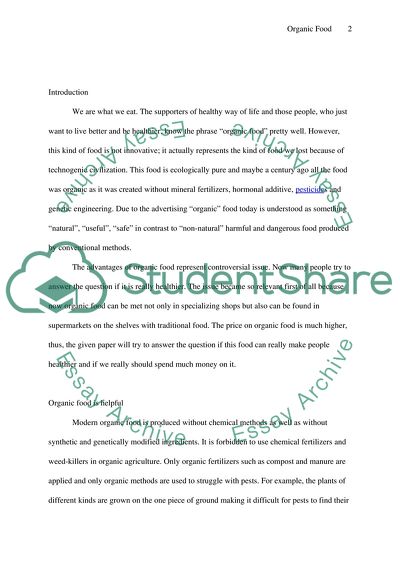Cite this document
(Organic Food - Is It Really Worth-Buying Report, n.d.)
Organic Food - Is It Really Worth-Buying Report. https://studentshare.org/health-sciences-medicine/1798853-unknow
Organic Food - Is It Really Worth-Buying Report. https://studentshare.org/health-sciences-medicine/1798853-unknow
(Organic Food - Is It Really Worth-Buying Report)
Organic Food - Is It Really Worth-Buying Report. https://studentshare.org/health-sciences-medicine/1798853-unknow.
Organic Food - Is It Really Worth-Buying Report. https://studentshare.org/health-sciences-medicine/1798853-unknow.
“Organic Food - Is It Really Worth-Buying Report”. https://studentshare.org/health-sciences-medicine/1798853-unknow.


